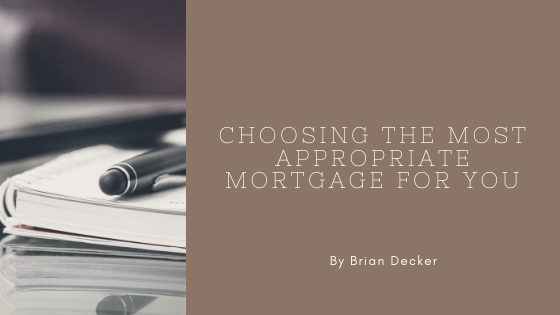Buying a home is likely the most significant purchase people will make during their lifetimes. In addition to being an emotional decision, buying a home is also the most expensive investment made during adulthood. Most people need to borrow money to become homeowners. There’s nothing wrong with that. However, it is important to be aware of the many types of mortgages that are available. Choosing the right one can be the difference between a good and bad financial picture for years to come.
There are several types of mortgages available in the United States. Conventional mortgage loans are available to borrowers with good credit and regular employment. They’re not backed directly by the federal government. Most, however, are backed by Freddie Mac or Fannie Mae. These are government-sponsored institutions. They buy and sell mortgages across the United States. Low-income borrowers will likely want to look into Federal Housing Authority loans. Borrowers only need to put about 4% down. However, they do need to pay for MIP mortgage insurance. This involves both an up-front fee and additional annual ones.
The Department of Veterans Affairs or VA also guarantees mortgage loans for qualified veterans, service members and their spouses. These loans allow the home buyer to borrow 100% of the purchase price of the home. There’s no down payment necessary, but there is a funding fee that borrowers are responsible for. With VA loans, there’s a cap on closing costs, there are no broker fees, and there’s no mortgage insurance premium. This kind of loan can be a great option for service members who otherwise wouldn’t be able to afford homes.
There are lots of ways to find the right mortgage. Some people check with their credit union or bank right away. For them, an in-person service may be preferable to online applications. Other people take the time to ask themselves what they’re looking for in a mortgage. What works best for them? The answer might be a mortgage with a low down payment. Conversely, maybe one with a lower interest rate is preferable. The length of term will influence these decisions, too. Every individual needs to answer these questions based on their own income and preferences. There’s no universal answer that applies to all cases.

